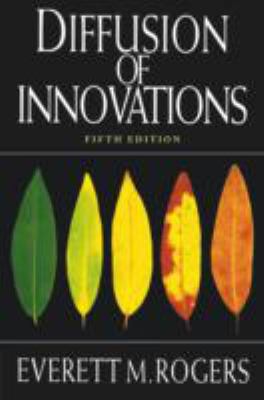 |
| A Community Learning Center in Indonesia |
I think of a community learning center in counter distinction to a school as responding not just to the learning needs of children but to lifelong learning demands, as providing learning opportunities in response to demands from the students rather than based on curricula from the school system, of using media to provide learning opportunities, and on a use of time different than that of school (short courses, classes at times convenient for adult students).
Apparently the community learning center movement represents a watershed change in our thinking about schooling benchmarked by publications from UNESCO: Learning to Be and Learning: The Treasure Within. By the 1970s it was already clear to some that schools were not doing the whole job. Of course, too many people in the world had too little schooling, many had forgotten much of what they had learned; perhaps more importantly, adults needed to learn new things to deal with the rapidly changing world in which they lived. Moreover, there was a recognition that while schools emphasized teaching kids things they would need to know to participate in social institutions as adults -- as a worker, a soldier, a citizen, etc. -- there was also a need to help people learn things that they wanted to learn for self actualization.
All of this is about a community learning center helping people in the community learn as individuals. There is another way, however, that we can construe "community learning". We can consider the way the community as a collective can learn.
The Delors Commission in its report, Learning: The Treasure Within, focused on four pillars:
- learning to know
- learning to do
- learning to be and
- learning to live together
Lets think about each of these in terms of the collective learning of a community.
- If knowledge exists somewhere in a community in such a form that the community can access that knowledge when it needs or wants it, then the community can be said to know. A community may "learn" in the sense of acquiring the knowledge by any of a number of methods. It can of course designate some members to the community to learn something new, perhaps sending them to a course. It can bring someone from outside the community with that knowledge to be part of the community, as when a community brings in a new teacher. It can change the structure of community institutions so that people with the knowledge can bring it more effectively to meet the needs of the community. Indeed, it can add information to a community library so that it can be located and utilized if the community needs it. It certainly is not the normal case that everyone in a community must learn something in order that the community as a collective can be said to learn that thing.
- In a rural community some of the most important "learning to do" involves trying to grow a new crop, to deal with a new plant pest or disease of the crops, or to otherwise to improve the productivity of its farming. Everett Rogers in his book Diffusion of Innovations describes how this generally occurs. An "early adapter" often surfaces from the community and tries the innovation. Of course lots of innovations turn out to be bad ideas, but some work. A few others seeing the success also adopt the innovation and so with further success it spreads. Thus the community as a whole learns which innovations work and which do not in that community's case.
- I would suggest that one way that a community "learns to be" is by building social capital, strengthening institutions within the community, building trust among its members.
- Of course some the point above includes community members "learning to live together" but we can extend the analogy to a community learning to live with other communities and with the larger society in which if finds itself. Again, one can view a community improving its linkages with other local communities and with the national government and other national institutions as community learning.
In all four of these respects, a community learning center can facilitate community learning. It can facilitate the transfer of knowledge into a community and help change a community so that it better uses the knowledge of its members; it can facilitate the processes by which a community tests innovations, rejecting those which don't fit and adopting those which do; it can help to organize a community serving as a focal point for community meetings and community projects; it can help to build linkages with neighboring communities and help a community both to learn about the larger society and to make its interests known to that larger society.

No comments:
Post a Comment